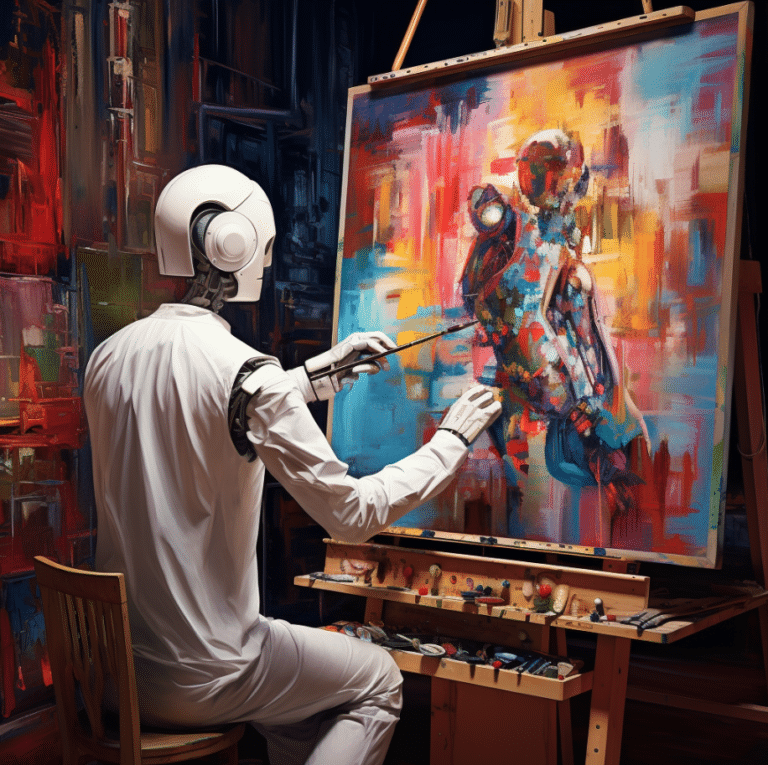AI-Created Art: Beyond The Bounds of Copyright?
“Can AI truly claim copyrights?” Isn’t this the question that’s been on everyone’s mind? The dispute surrounding the copyright eligibility of AI-generated work has been nothing short of fiery. However, the latest verdict might just be the final word on the matter.
The Copyright Quandary
There’s a conundrum in the digital age: Can creations birthed by artificial intelligence secure copyrights? While some legal minds have scoffed at the very idea, others advocate for it. But, this Friday, the scales tilted distinctly against the machines.
“Copyrights for AI artworks? Think again.”
Last week, a federal judge echoed the U.S. Copyright Office’s stance, asserting that AI-derived art isn’t entitled to protection. In the face of Stephen Thaler’s assertion – challenging the government’s refusal to register AI creations – the judge remained unwavering. Why? Because, according to U.S. District Judge Beryl Howell, the realm of copyright law hasn’t evolved to embrace “technological marvels devoid of human touch”.
Hollywood’s AI Dilemma
The specter of AI writing scripts amidst the ongoing writers’ strike has undeniably instilled dread. Intellectual property rights, historically, have been reserved for humanity’s creations. Is this tradition about to be upended? Current events suggest otherwise.
Stephen Thaler, helm of the neural network behemoth, Imagination Engines, is at the forefront of this copyright crusade. According to sources, Thaler propounds that AI, when fulfilling authorship prerequisites, ought to be recognized and its creations protected under copyright law.
“No human touch, no copyright.” This succinctly sums up Howell’s counter-argument.
Still, the waters remain muddied. A puzzling revelation emerged in March when the U.S. Copyright Office intimated a willingness to evaluate AI creations for protection—albeit selectively. The stipulation? If an artwork is the brainchild of AI alone, it’s off the copyright table. But, if humans collaborate with AI, the game changes.
Judge Howell elucidates, emphasizing the pivotal role of human intervention and final creative authority in qualifying a work for copyright. Echoing this, Shira Perlmutter, the Copyright Office’s director, stipulated that AI contributions must transcend ‘mechanical reproduction’ to mirror an author’s unique cognitive conception.
In essence, while AI’s brilliance can’t be denied, can it truly claim artistic originality? Isn’t human touch the essence of creativity? Only time, and perhaps more legal battles, will tell.
